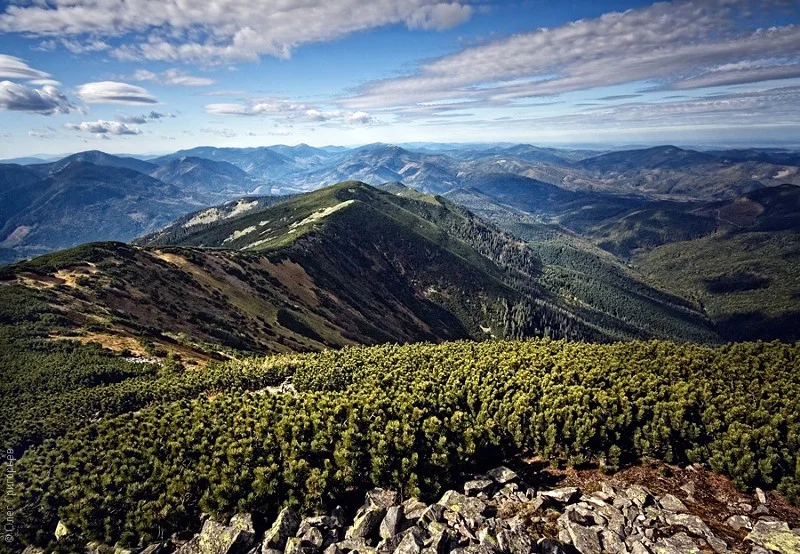Overview of Project
This summer, I will travel to the British Isles and mainland Europe to explore my family lineage.
What happened to disconnect my ancestors from the lands where they had lived for millennia, eventually causing them to leave Europe, and travel to the United States, where over time they became white Americans?
This journey is in service to my book project, tentatively titled Rites & Responsibilities: Growing up White, which weaves rites of passage and social justice in a digestible, engaging narrative. This manuscript, which I’ve been working on for about four years, is written specifically for white-skinned young people (ages 16–28), though it’s intended to be accessible and relevant to a much wider audience.
Rite of passage: An intentional, meaningful marker of transition from one life stage to another.
Social justice: the belief that all people are entitled to equal access to human rights, fair allocation of community resources, and that communities have the right to political self-determination.
These separate but complementary bodies of theory, practice, & research, when taken together, offer a roadmap for cultural change starting from within. This roadmap is brought to life through my personal narrative as an “initiated” European-American woman, practitioner of rites of passage, and student of the resurgence of the contemporary initiatory practices around the world.
In recent years, conversations about race, privilege, and oppression are reaching a new era, driven by changes in technology, demographics, and climate, among other factors. Generations of struggle for civil rights have given way to calls for true equality, and the formation of entirely new structures no longer embedded within systems of white superiority. Having been largely isolated from the struggles of people of color through centuries’-long campaigns of privilege, white-skinned peoples are often severely lacking in tools to at best assist with these struggles, and at least adapt to a changing world. They are now being called upon to willfully sacrifice advantages, yet often lack a sense of what will replace them. I have come to see how far too often, white skin leaves one simultaneously racially privileged and culturally impoverished-a tragic combination.
Rites of passage offer a doorway for liberation, and over the last 40 years, communities have been experimenting with how they can provide a remedy for the cultural impoverishment increasingly apparent in Western culture. I believe that this is a story that is ready to be shared.
Taken in this light, rites of passage help:
- develop a strong, positive cultural identity
- foster new, unique, and creative ways to use racial/cultural privilege to support equality and justice for all peoples
- ultimately redeem all cultural lineage(s) from the forces of colonization and oppression toward liberation, justice, and sustainability
The original impulse for the book came through an idea that floated through my mind six years ago as I traveled through the southern African savannah: “you need to write a book about the indigenous soul.” At the time, I had no idea what this meant. Throughout this book project, the process of writing has mirrored the content, as I have delved deeper and deeper into what it might mean to truly reclaim my own sense of being indigenous. Since the very beginning, the book has revealed itself to me slowly. While I apply the full extent of my intellectual, critical thinking abilities to the subject matter, I have come to see myself much as a sculptor, attempting to reveal an underlying form rather than shape it to my own desires.It has become clear that I need to tell the story of how my personal ancestors lost their cultural traditions and connection to the land, and then, over many generations, moved to America, and ultimately became identified as White. The more this book tells my personal story, the more compelling it will be. The subject matter could lend itself easily to a preachy, didactic style, disengaging to readers (especially young readers!). Yet the story of my own ancestors’ journey from connection to the land in what is now known as Europe to white-skinned Americans is not a story that I know.
Most of my ancestry comes from the UK, my primary destination. If possible, I will also travel to Ukraine, from where the remainder of my lineage hails. This journey to my ancestral homeland is an extension of my emergent writing process, and is therefore conceived as a pilgrimage, not simply a research trip.
Themes of inquiry guiding my pilgrimage to Europe:
- What key historical events impacted my blood ancestors, disconnecting them from the land and ultimately causing them to leave Europe?
- What can be discovered about my unique family legacy: where my ancestors come from, what they believed, how they spent their lives? What gifts and talents have been cultivated in my lineage? What traumas and woundings were passed down?
- What traditional pre-Christian cultural elements (language, song, dance, food, lore, crafts) were part of my ancestors’ lives, that might be rediscovered and have relevance now and moving forward?
- What, in particular, can be unearthed about the Feminine in my ancestral lineage? What sisters might I discover or connect with more deeply on this journey, and how might our efforts be joined?
- What is similar and different between the needs of white-skinned Europeans and white-skinned members of the European diaspora? What are the similarities and differences between them and the People of Color who share their communities?

